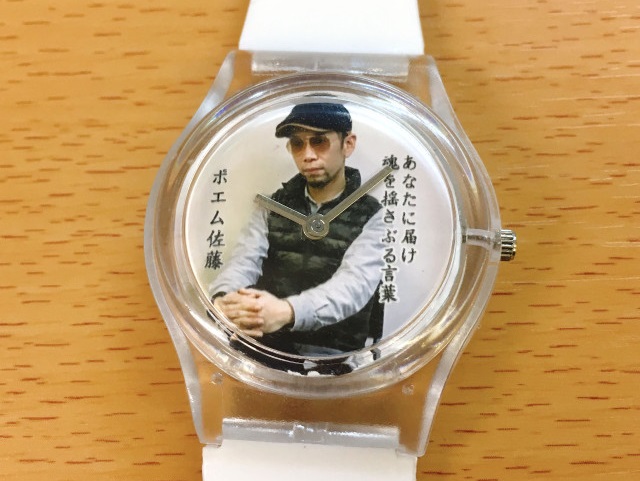
Seven p.m.? Eight in the morning? What time of day inspires the most crooning?
Times often figure prominently in song lyrics to help establish a certain mood, whether it’s the heartbroken romantic pining to the early hours of the morning, or the peppy pop song celebrating the end of the workday in the afternoon.
It used to be a question that would require hours of painstaking research to find out, but thanks to the wealth of data on the Internet, we can now find out rather easily. That’s just what Twitter user Kasumi Shirakaba (@kasumishirakaba) did with Japanese songs when she posted her findings for all to see.
Interestingly, the top answer was a decisive 2 a.m. Here is a translated chart of Shirakaba’s findings.
▼ Ranking of frequency certain times appear in Japanese song lyrics
Overall, it seems the entire swath of early-morning hours dominated music with 2 a.m. being the peak hour of musical happenings. It stands to reason as this time would probably be the cross-over period of both the late-night partiers and lovelorn insomniacs.
Shirakaba explains that she acquired this information by searching various times in a search engine on the website Uta-net which contains the lyrics to a vast array of songs. She also searched the times in the various writings styles of both Chinese and Arabic numerals and variations of the 12-hour and 24-hour writings styles. The 24-hour clock (17:24 instead of 5:24 p.m.) is rather common in spoken Japanese so would appear often enough in songs as well.
However, uta-net only contains the lyrics to Japanese songs, or English songs covered by Japanese artists. So how would Shirakaba’s results measure up to a similar experiment done with English language music?
To find out I used engine called Song Search (songsear.ch). It has a wide selection and allowed me to find the exact phrasing of times that I wanted. I made two separate lists and I think you’ll quickly see why.
▼ Ranking of frequency certain times appear in English song lyrics
Clearly “midnight” is the winner by a long shot, but it might not be fair to include that because the word is often used in a descriptive sense rather than the literal time of 12:00. Many songs reference, “midnight trains” or “midnight alleys,” and when Billy Idol says “she cries more, more, more,” it would seem uncharacteristic of that rebel yell to be confined to the literal “midnight hour” of 12:00 to 12:59.
“Noon” falls into the same problems with a lot of its songs referencing “high noon,” probably alluding to the film of the same name and westerns in general.
Still, based on the examples I saw, a lot of the songs are indeed referring to the exact times, and even if you eliminated up to 87 percent of songs that use these words, “midnight” would still come out on top.
But if you’re a stickler for the rules and feel “midnight” and “noon” shouldn’t count as actual times, here is perhaps a more satisfying list.
▼ Ranking of frequency certain times appear in English song
lyrics excluding the words “midnight” and “noon”
This time 3 a.m. comes out on top with 2 a.m. close behind. Also 12 a.m. fares fairly well, despite it not being exactly sure whether it’s referring to midnight or noon outside of context.
When it comes to “most commonly-referenced times,” it turns out there isn’t much difference between Japanese and English tunes, aside from the poetic advantages of the words “midnight” and “noon.”
One interesting discrepancy is that further down the list Japan appears to have more emphasis on early afternoon possibly due to idol or anime songs dealing with after-school stuff. Meanwhile, English songs seem to gravitate toward the morning, possibly while singing about waking up and starting one’s day.
I guess what we can all take away from this is that the world is sorely lacking songs about that post-lunch haze of one in the afternoon.
Source: Twitter/@kasumishirakaba, Togetch, Song Search, Uta-net
Images: SoraNews24